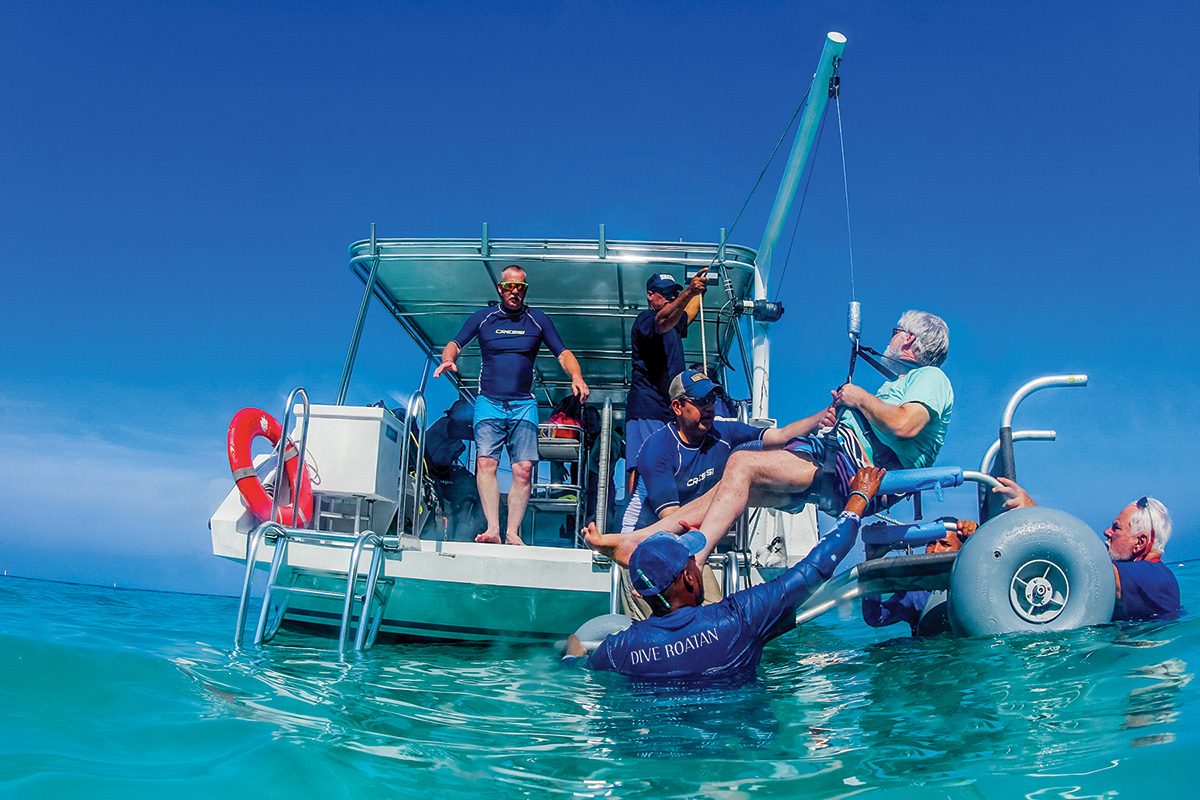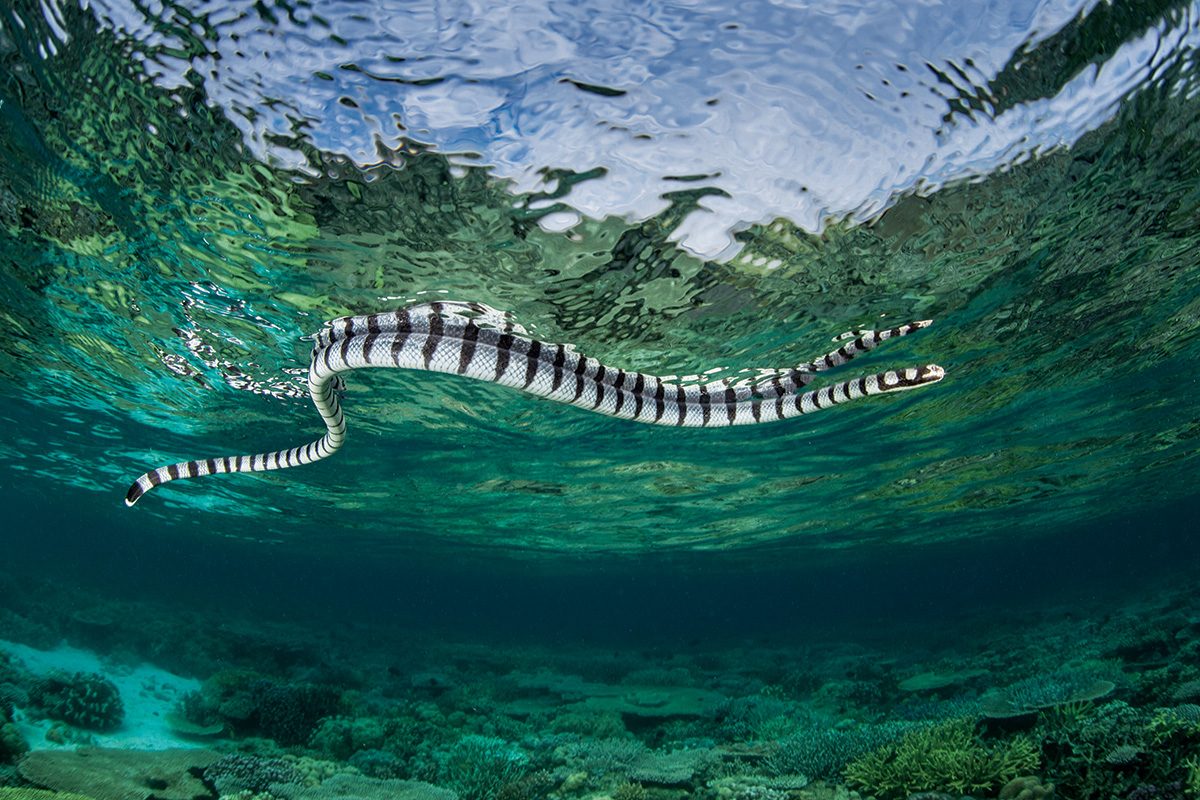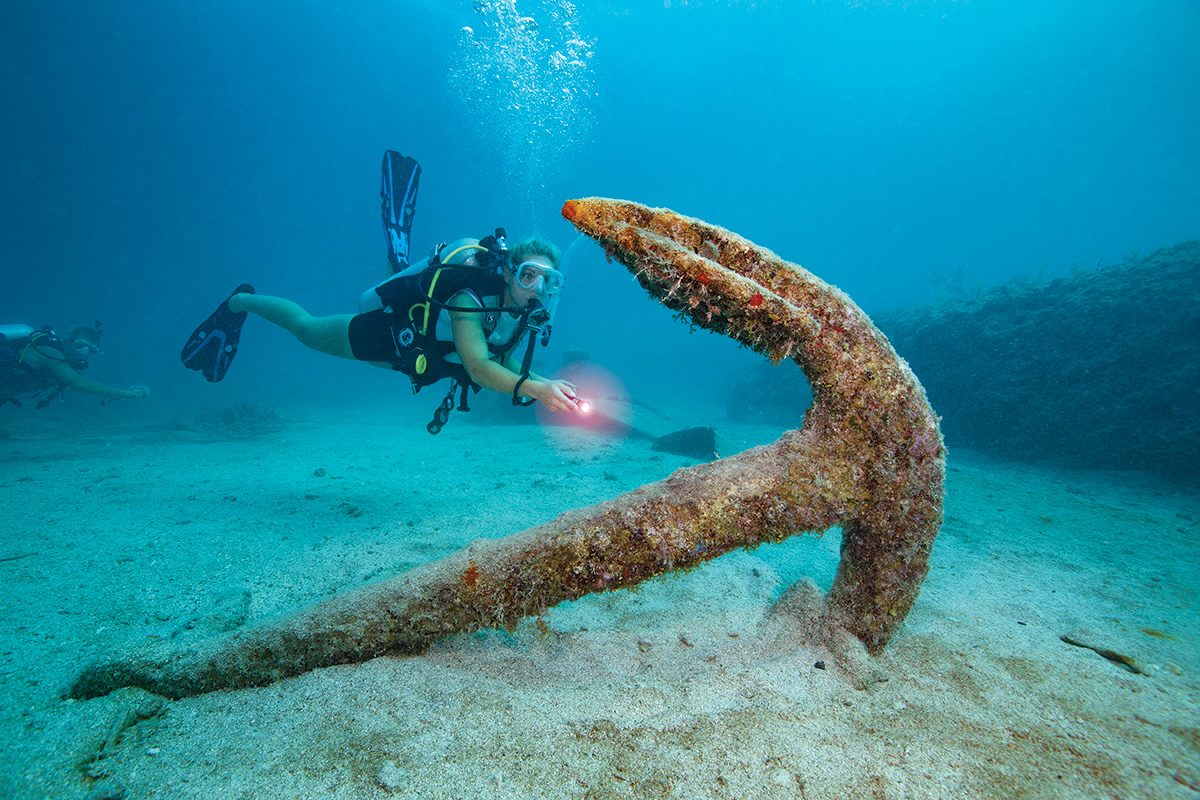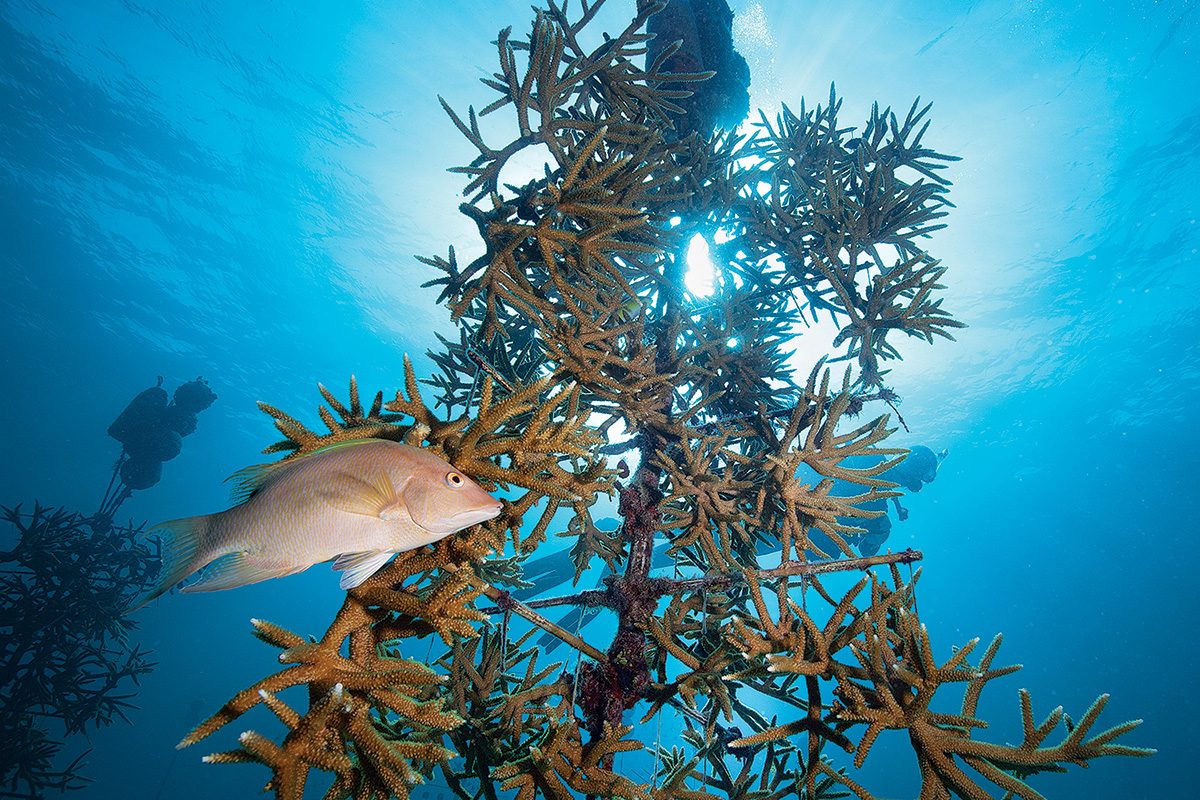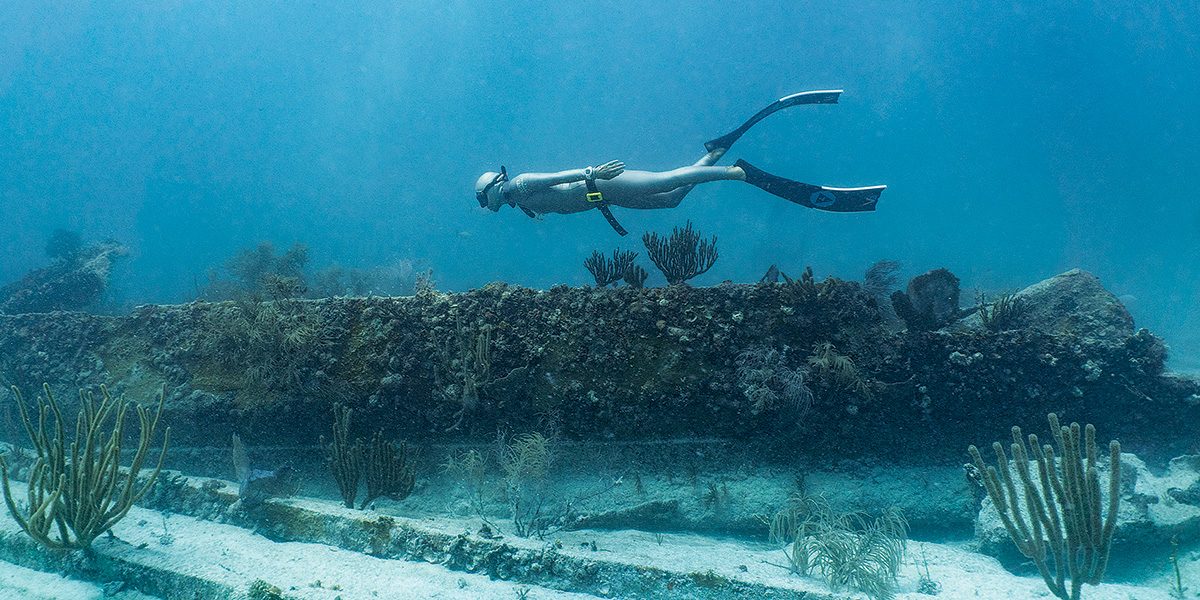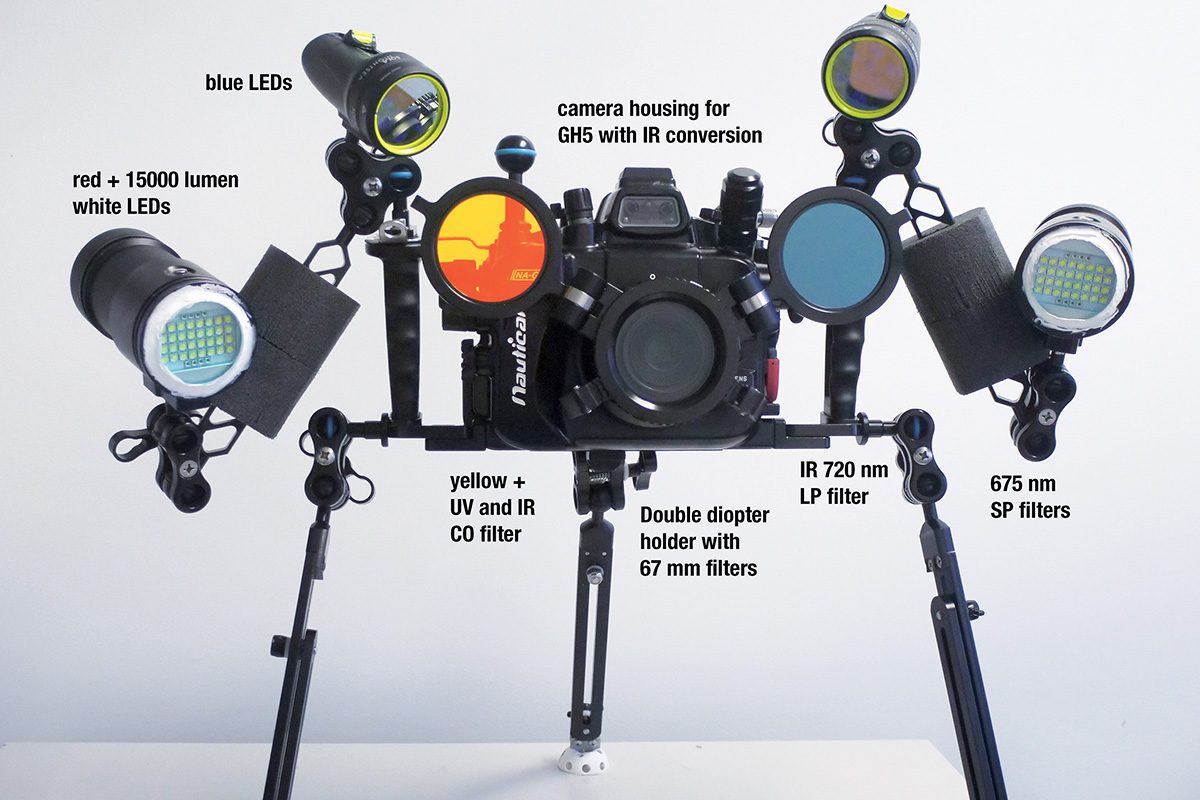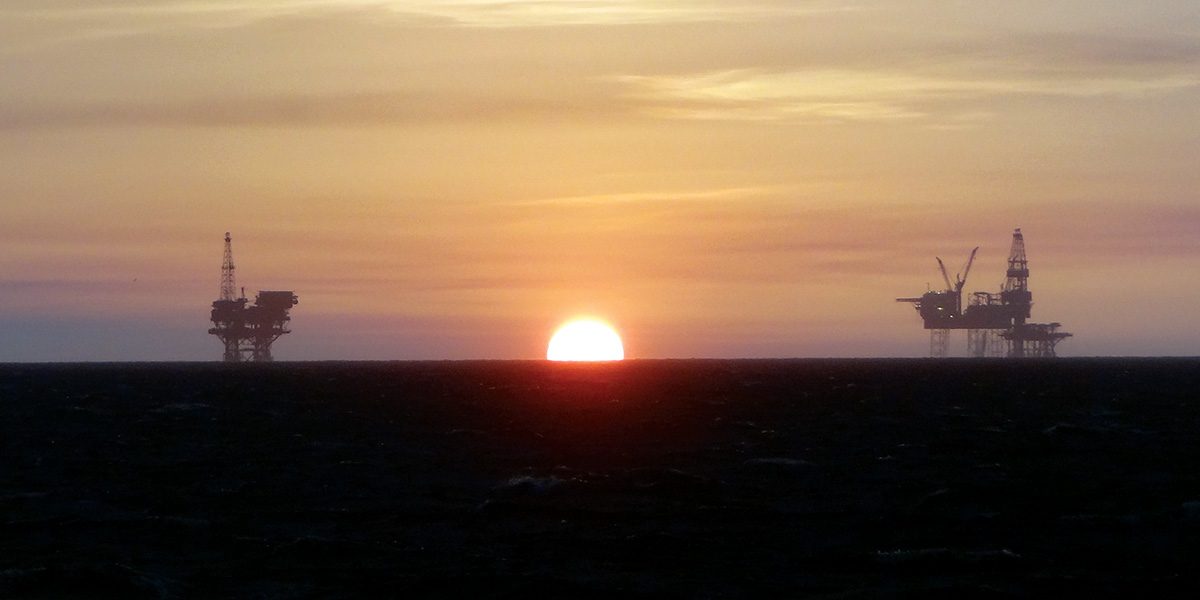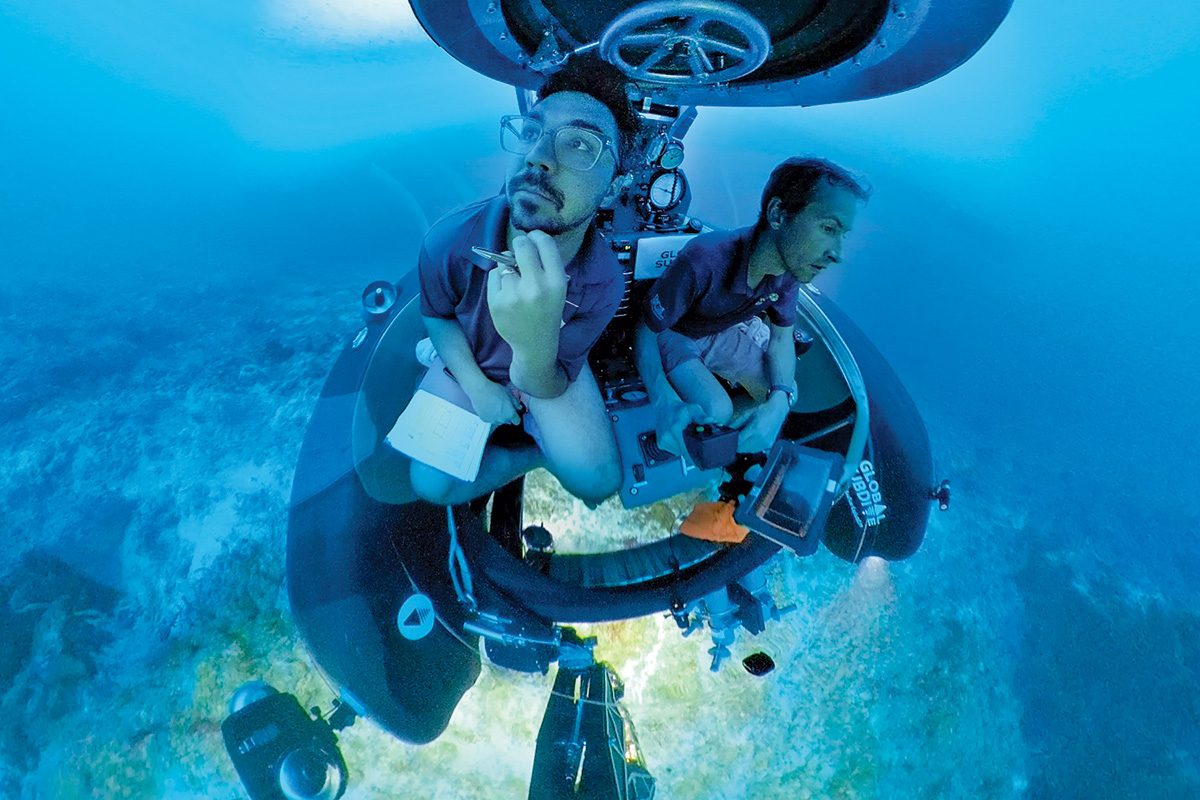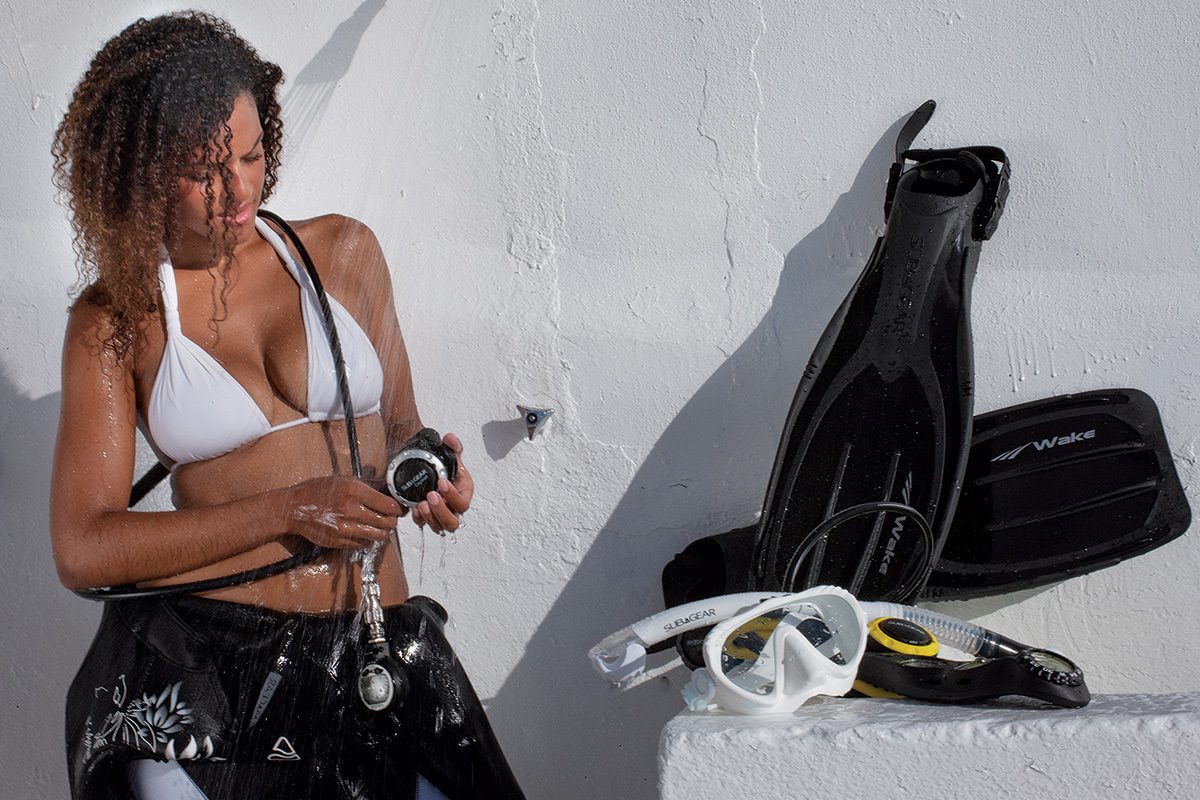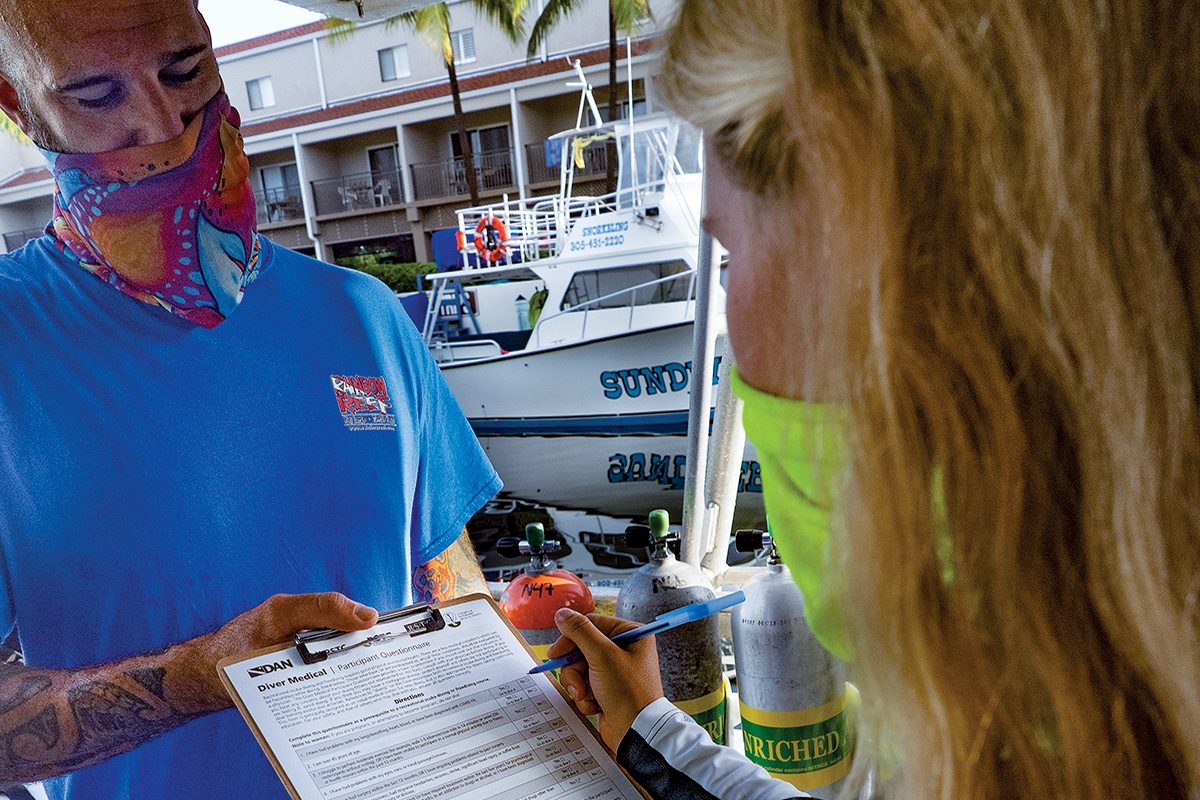Participation in diving as an adaptive recreational sport has increased significantly along with innovations of viable options for people who want to explore adaptive diving. One of the biggest concerns is how to provide these individuals with safe access to diving. As the dive industry welcomes new programs developed for adaptive diving, more dive businesses should get training in adaptive diving and create conditions to accommodate these divers. Certified dive instructors and medical professionals should evaluate individuals for their ability to function safely, given their condition and current medications.
First seen in the geologic record from approximately 167 million years ago, snakes now live on much of the planet, but very few of the more than 3,000 known living species are venomous. Sea snakes evolved much more recently and are the result of remarkable mutations, adaptations and repeated invasions into the marine world by terrestrial snake ancestors. The seas are home to more than 60 species of sea snakes that swim and hunt amid warm, shallow coral reefs, estuaries, seagrass beds, mudflats and open waters.
Historical shipwrecks are scattered throughout the Florida Keys, and local dive communities with the assistance of the Florida Keys Tourist Development Council have intentionally sunk some ships that have become amazing artificial reefs. Donated ships must first be cleaned of oil and other pollutants as well as contaminants such as fire-retardant paint containing polychlorinated biphenyls (PCBs). Then the ships are made safe for diver access before sinking them in a manner prescribed as safe for marine life and coral reefs.
With the stress of today’s 7.8 billion people on Earth expanding to a projected 8.5 billion in 2030, we need to make changes. To have an ocean capable of healthfully and prosperously supporting a growing population, it’s necessary to have sustainable development with circular and recycling economies that will eliminate wasted byproducts of production and impacts on the air and ocean. The U.N. General Assembly declared 2021-2030 as the United Nations Decade of Ocean Science for Sustainable Development to provide “the science we need for the ocean we want.”
Knowing that other researchers and students could benefit from learning the freediving skills they were applying to underwater research, Claire and Ricardo Paris collaborated with others to draft a course that would raise awareness of the risks, promote safety, teach the required skills and establish guidelines for freediving in science. The University of Miami’s Rosenstiel School of Marine and Atmospheric Science approved the first scientific freediving course to establish safety protocols, plan underwater fieldwork and prepare students for other scientific freediving specialties.
The authors use commercially available photo equipment to image near-infrared fluorescence from chlorophyll in corals and hope divers can help them further develop and improve their methodology to possibly identify the onset of bleaching events. They want to improve this methodology so autonomous underwater vehicles can use it for remote imaging on large sections of the reef, similar to satellite imaging for terrestrial near-infrared chlorophyll fluorescence. Besides the unique photos divers can get from this imaging, the equipment can also help with other research.
To gain a comprehensive understanding of the extent of oil’s toxic exposures on fish, a team from the Center for Integrated Modeling and Analysis of Gulf Ecosystems circumnavigated the Gulf of Mexico to collect thousands of fish for analysis. They sampled a wide variety of fish and categorized them as pelagic species, coastal species and offshore benthic species. They unexpectedly discovered that the highest exposures are in yellowfin tuna, a pelagic species, suggesting that oil pollution is chronic and widespread in the Gulf of Mexico.
Austin Gallagher is deeply involved in working at the national and international levels to link shark research to policy and advocacy efforts, doing most of his work through Beneath the Waves, the conservation organization he founded. Beneath the Waves is embarking on a multiyear research campaign in the Caribbean, where Gallagher and his team are working with numerous governments to bolster shark conservation efforts through marine protected areas using noninvasive monitoring techniques such as deep-sea drop cameras and environmental DNA.
The coronavirus pandemic has prompted dive professionals and businesses to enact stronger infection-control measures for the safety of divers, staff and themselves. As areas lift lockdown orders, divers are eager to return to the water — perhaps staying close to home — and are committed to keeping themselves and their dive buddies safe. When diving during the COVID-19 pandemic, exercise good judgment. If a dive operation is not following local guidelines or their infection-control procedures do not seem adequate — or if you don’t feel comfortable — dive somewhere else.
In 2017 the Diver Medical Screen Committee (DMSC) initiated an evidence-based review of the existing diver medical screening system. Following field testing and significant input from UHMS, DAN and other experts, DMSC has published the updated diver screening system. Endorsed by DAN, UHMS, the World Recreational Scuba Training Council, training agencies and others, the new Recreational Diving Medical Screening System allows everyone who can safely scuba dive to do so while also encouraging those with possible health risks to be medically evaluated for their fitness to dive.
